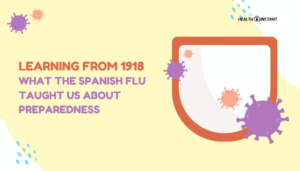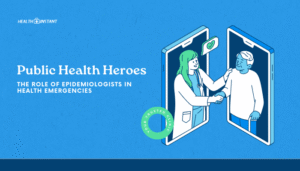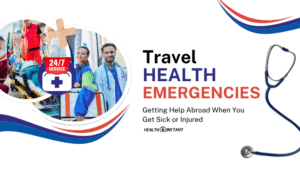Learning from 1918: What the Spanish Flu Taught Us About Preparedness
Introduction The 1918 influenza pandemic, commonly called the Spanish Flu, was one of the deadliest global outbreaks in recorded history—claiming millions of lives worldwide. Although health infrastructure and scientific knowledge have improved...
Read MorePublic Health Heroes: The Role of Epidemiologists in Health Emergencies
Introduction From the early days of cholera mapping in London by John Snow to modern global surveillance of viral outbreaks, epidemiologists have proven themselves vital in identifying disease patterns, containing threats, and saving lives. ...
Read MoreTravel Health Emergencies: Getting Help Abroad When You Get Sick or Injured
Introduction Traveling abroad can be exhilarating, but health crises can arise unexpectedly. Whether it’s a sudden illness, an accident while sightseeing, or an exacerbation of a chronic condition, being in a foreign healthcare system can be in...
Read MoreTravel Insurance 101: Why You Might Need Medical Evacuation Coverage
Introduction Traveling abroad can be an enriching experience—until you fall seriously ill or get injured in a place with inadequate medical facilities. That’s where medical evacuation (medevac) coverage comes in. It covers the potent...
Read MoreEmergency Dental Care: Handling a Knocked-Out Tooth or Sudden Toothache
Introduction Dental accidents can be unexpected—a slip on ice knocks out a front tooth, or a fierce toothache starts right before bedtime. Knowing how to handle such scenarios promptly can save your tooth or at least minimize pain until you rea...
Read More




